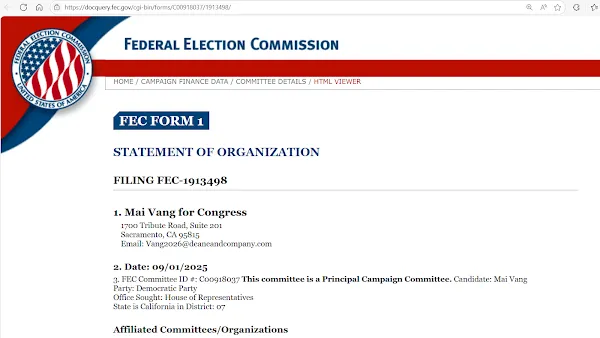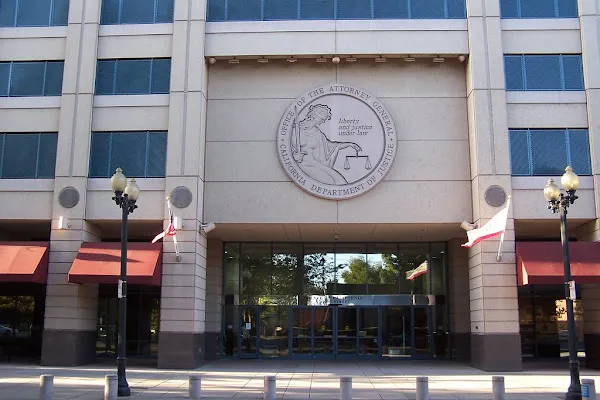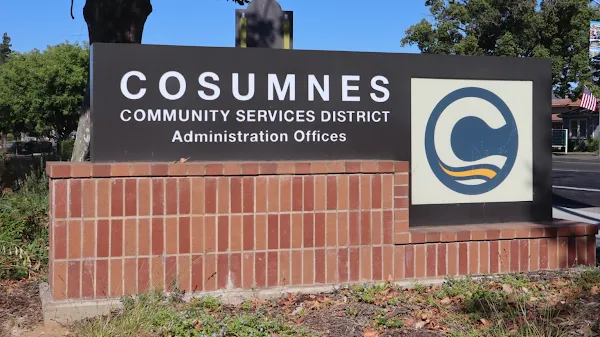Table of Contents
by Dan Bacher |As a lawsuit was filed to stop unregulated fracking in California, Catherine Reheis-Boyd, the President of the Western States Petroleum Association (WSPA) and former Chair of the Marine Life Protection Act (MLPA) Blue Ribbon Task Force for the South Coast, claimed that fracking causes no environmental harm in the state. Hydraulic fracturing, or fracking, is a rapidly spreading, environmentally destructive new method of oil and gas extraction that is drawing growing opposition throughout the state by environmentalists, fishermen, tribal members, family farmers and consumer advocates. "WSPA’s position on hydraulic fracturing is well known and well documented: in the 60 years that the practice has been in use in California, there has been no evidence that it has caused harm to public health or to the environment," said Reheis-Boyd in her blog on the WSPA website. "Hydraulic fracturing is also subject to strict rules and oversight by various government agencies, with the industry working with regulators to further strengthen safety and transparency requirements." (http://www.wspa.org/blog/index.php/wspa-message/the-other-side-of-the-hydraulic-fracturing-debate/) "And many independent economists and analysts have concluded that hydraulic fracturing can produce enough energy to meet not only the needs of American consumers but to make us a leading exporter, freeing us from dependence on unstable foreign sources, and ushering in a new era of prosperity which may solve many of our nation’s and our state’s fiscal challenge," Reheis-Boyd gushed. Oil lobbyist oversaw implementation of "marine protected areas" In an overt conflict of interest, Reheis-Boyd, who is also lobbying for new offshore oil drilling, the construction of the Keystone XL Pipeline and the weakening of environmental laws, oversaw the creation of alleged "marine protected areas" in Southern California that went into effect on January 1, 2012. It's no surprise that these so-called marine protected areas fail to protect the ocean from fracking, offshore oil drilling, pollution, military testing, wind and wave energy projects and all other human impacts on the ocean other than fishing and gathering. Reheis-Boyd also served on the MLPA Blue Ribbon Task Forces that developed marine protected areas on the North Coast, North Central Coast and Central Coast. Many grassroots environmentalists and fishermen believe that Reheis-Boyd was appointed to the task forces to make sure that the oil industry's interests were protected and to ensure that recreational and commercial fishermen and seaweed harvesters, the most vocal opponents of offshore oil drilling and fracking, were removed from many areas on the ocean to clear a path for ocean industrialization. David Gurney, independent journalist and co-chair of the Ocean Protection Coalition, slammed Reheis-Boyd's role in pushing for increased fracking in California. (http://noyonews.net/?p=8215) "It's clear that government and petroleum officials want to 'frack' in the very same areas Reheis-Boyd was appointed to oversee as a 'guardian' of marine habitat protection for the MLPA 'Initiative,'" revealed Gurney. Environmental group goes to court to protect California from fracking Opposition to fracking is building momentum throughout California. On January 24, the Center for Biological Diversity went to court to compel California regulators to enforce an existing state law that should protect people and the environment from fracking. A lawsuit filed in Alameda County Superior Court says the California Division of Oil, Gas and Geothermal Resources has allowed fracking to expand without legally required oversight, according to a news release from the Center. (http://www.biologicaldiversity.org/news/press_releases/2013/fracking-01-24-2013.html" The Center said California law applies safeguards and disclosure requirements to any underground injection carried out by the oil and gas industry, the lawsuit points out, and fracking clearly involves injection. Yet the state does not yet regulate or even monitor this controversial practice. “A looming fracking boom threatens to transform California, creating serious pollution risks to our air, water and climate,” said the Center’s Vera Pardee. “Existing rules clearly cover fracking, but state officials don’t regulate or even track this dangerous way of extracting oil and gas. The state needs to stop ignoring the law and start protecting our environment.” Fracking, as exposed in the documentary film Gasland (http://www.gaslandthemovie.com/whats-fracking), involves blasting massive amounts of water and industrial chemicals, mixed with sand, deep into the earth at pressures high enough to crack apart geologic formations, causing fractures that let oil and gas move into the wells and to the surface. Over 600 wells fracked in 2011 The Center said more than 600 wells in at least nine California counties were fracked in 2011 alone. Recent advances in fracking techniques are driving a growing interest in the Monterey Shale, a geological formation holding an estimated 15 billion barrels of oil. "Reports have documented the dangers of fracking, including more than 1,000 instances of water contamination around the country," according to the Center. "Fracking also emits hazardous air pollutants and methane, a potent greenhouse gas. It has the potential to induce seismic activity in one of the nation’s most earthquake-prone states." California’s existing oil and gas regulations cover all forms of underground injection and clearly apply to fracking. Fracking was exempted from the federal Safe Drinking Water Act in 2005 by what is known as the “Halliburton loophole" in the Bush/Cheney Energy Bill, but no such exemption exists in California law. "Compliance with California’s existing oil and gas regulations would require disclosure of all fracking chemicals, as well as engineering studies and tests to evaluate the potential for underground migration of fracking fluids. State regulators would also need to ensure that fracking is conducted in a way that prevented, as far as possible, damage to life, health, property, and California’s water and other natural resources," the group said. In response to growing public concern, state regulators have issued a “discussion draft” of new regulations that would cover fracking, but these regulations have not yet been formally proposed, much less finalized, Pardee noted. “At present, industry fracks whenever and however it deems fit, and that practice has to stop,” added Pardee. “State regulators must implement the requirements that are already in place to provide better protection for the air we breathe and the water we drink.” State officials refuse to address conflicts of interest, terminally flawed science The power of the oil industry in California is demonstrated by the alarming fact that the same oil lobbyist who is now leading the industry charge to expand fracking also chaired the panel that created "marine protected areas" (MPAs) in Southern California and served on the task forces that created the MPAs on the North Coast, North Central Coast and Central Coast. Shamefully, Natural Resources Agency and Department of Fish and Game (now Department of Fish and Wildlife) officials, the mainstream media and corporate "environmental" NGOs and foundation representatives greenwashed the key role that a powerful oil lobbyist played in "marine protection" in California. This only increased the oil industry's already powerful position in California politics. Natural Resources Secretary John Laird, Department of Fish and Wildlife Director Chuck Bonham and other state officials have refused to address the central role that Reheis-Boyd and other corporate operatives with numerous conflicts of interest, including a coastal real estate developer and marina corporation executive, played in the implementation of the MLPA Initiative. They have also failed to address the terminally flawed and incomplete science the initiative was based upon, the overt violation of the Yurok Tribe's traditional harvesting rights and the private funding behind that initiative that have made the MLPA into one of the most bizarre cases of greenwashing in California history. For more information, go to: http://www.californiaprogressreport.com/site/new-marine-reserve-network-doesnt-protect-ocean




